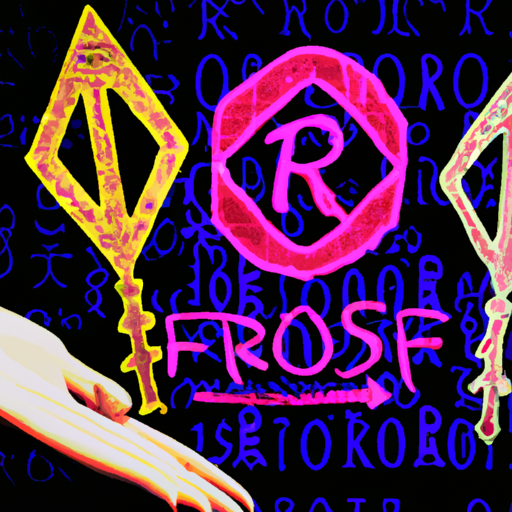
Casey Rodarmor Proposes Runes, An Alternative to Bitcoin's BRC-20 Tokens
By: Eva Baxter
In an attempt to optimize the Bitcoin network, Casey Rodarmor, the inventor of Bitcoin Ordinals, recently proposed a new fungible token protocol dubbed 'Runes'. The protocol has been suggested as an alternative to the BRC-20 token standard launched by an anonymous developer earlier this year.
BRC-20's market cap quickly expanded to $1 billion within two months of its launch. Despite this success, Rodarmor argued that BRC-20 tokens create unnecessary 'junk' on the Bitcoin network in the form of Unspent Transaction Outputs (UTXOs). He believes that Runes could serve as an effective solution to this issue since it's a UTXO-based protocol that aligns well with Bitcoin's setup and encourages responsible UTXO management.
Runes' small on-chain footprint and UTXO-promoting structure are seen as advantages over existing alternatives on Bitcoin, such as Really Good for Bitcoin, Counterparty, and Omni Layer. However, Rodarmor admitted that a significant amount of fungible tokens are scams or memes. Still, he expressed optimism that the right fungible token protocol can contribute to the Bitcoin network, potentially attracting considerable transaction fee revenue, developer interest, and users to Bitcoin.
The future of Runes remains uncertain, as Rodarmor has not confirmed whether he will further pursue the idea. However, some have seen its value, with a $100,000 incentive offered from the Bitcoin Frontier Fund to those who can create a working Rune application. No official response was received from Rodarmor regarding these developments.



